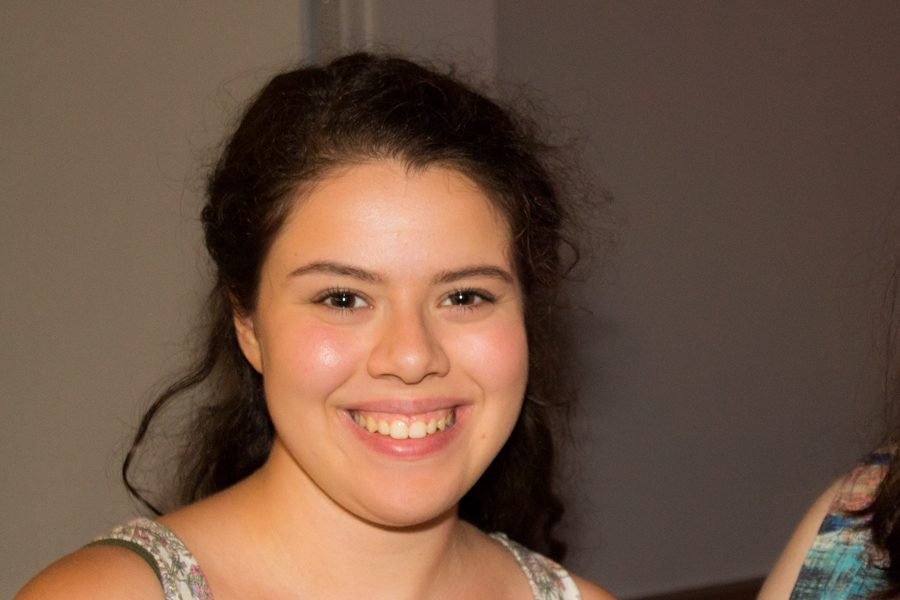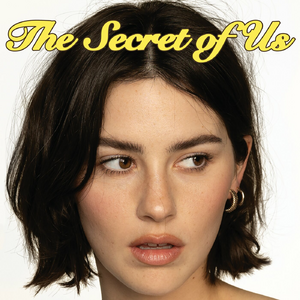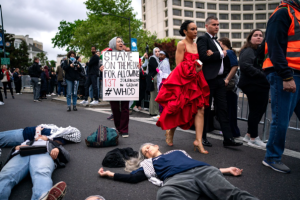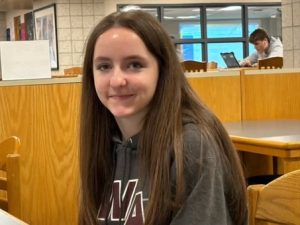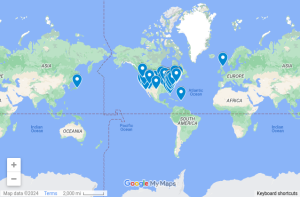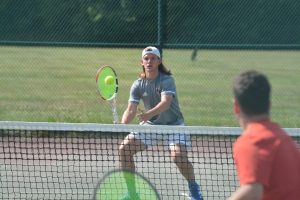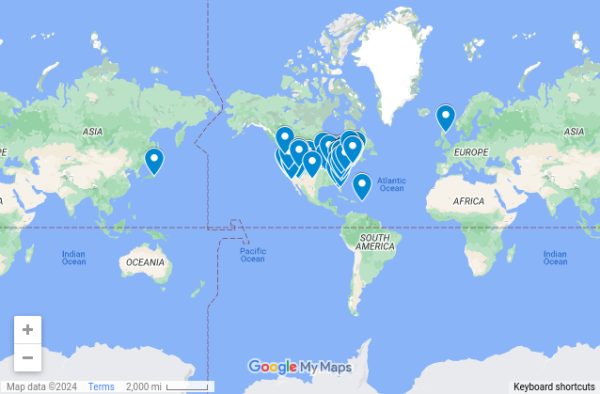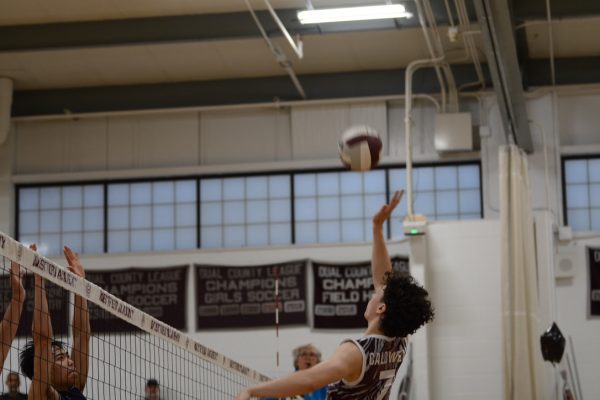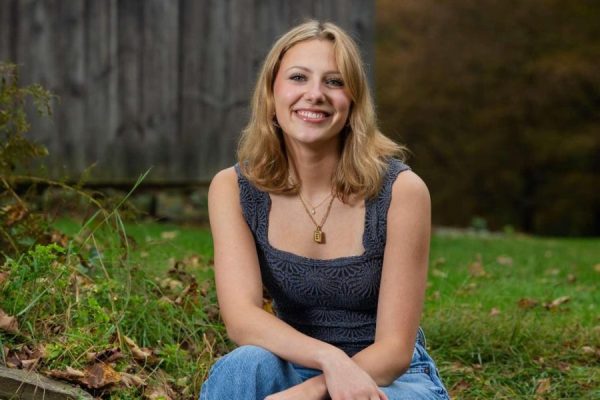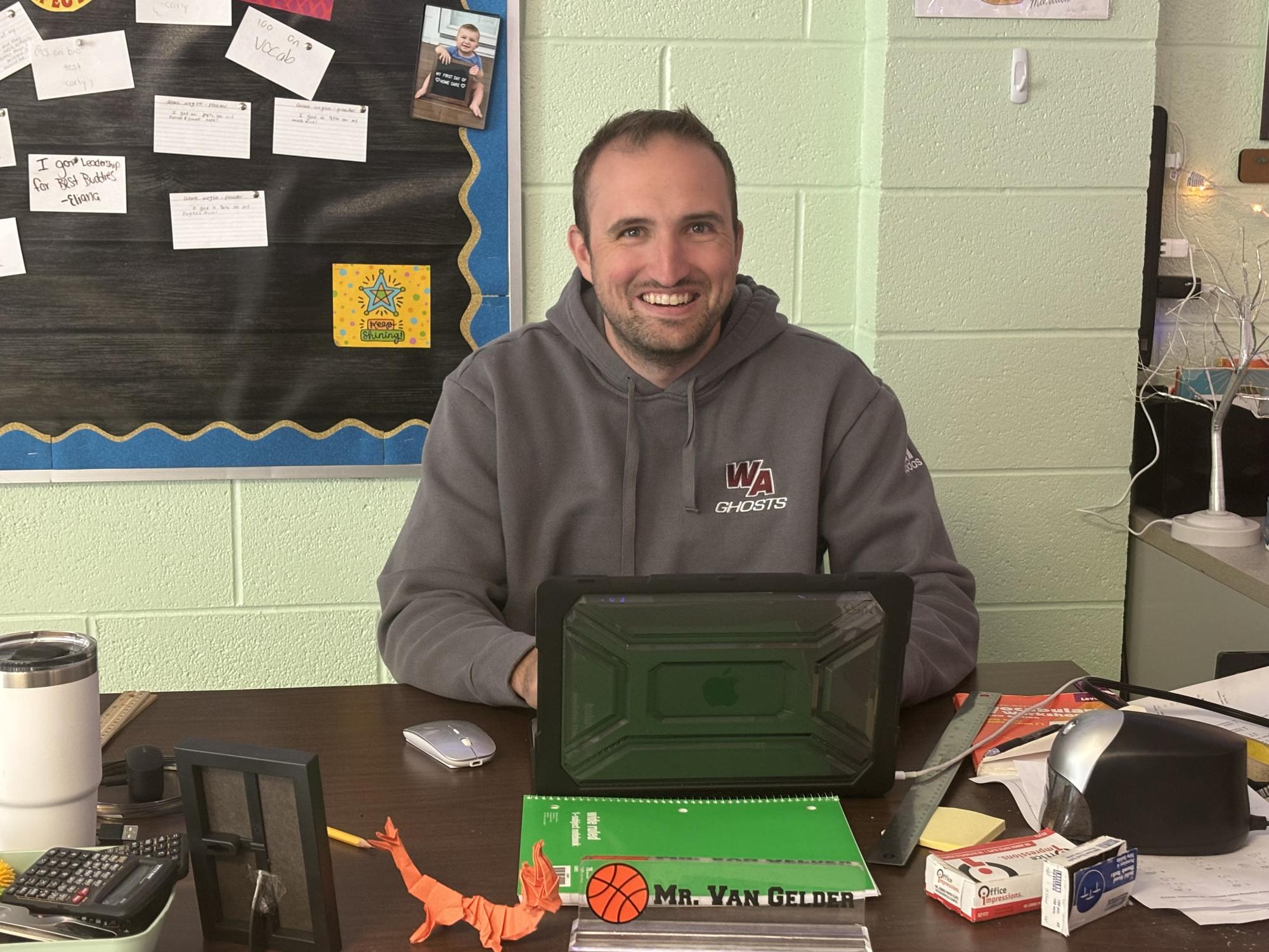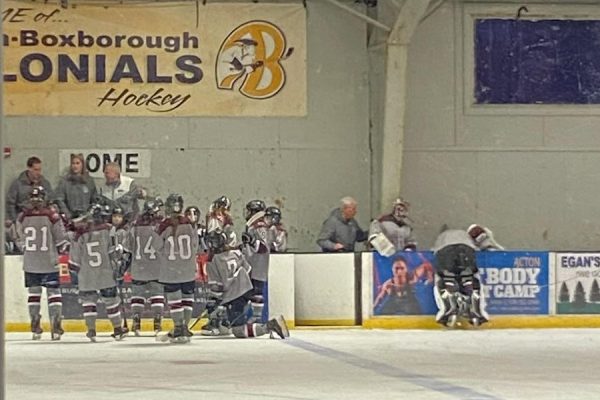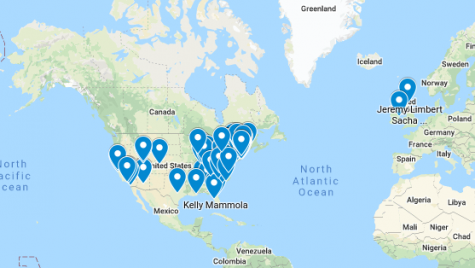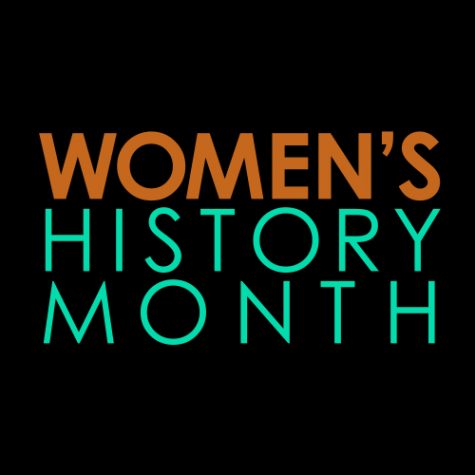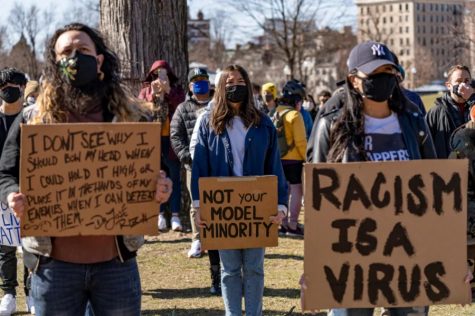Refusal to be Invisible: Asexuality at WA
Westford Academy Alumni, Marina White, does all she can to educate on asexuality.
March 17, 2017
In the spectrum of sexual and gender identities, there still remains many orientations that get less of a spotlight in both the LGBTQ community as well as the social world. Among these overlooked terms is asexuality, something that Westford Academy alumni Marina White of the class of 2016 and Mary [whose name has been censored to protect identity] hope to educate their peers on.
Whatisasexuality.com gives a simple definition of asexuality, describing an asexual person, otherwise known as “ace,” as “someone who does not experience sexual attraction.” Anthony F. Bogeart’s 1994 study conducted in the United Kingdom reported that only 1% of the population identified with this term.
“You can feel no attraction ever, or you can only feel it sometimes. Basically you just don’t feel it like others do. Some people swing one way, some swing the other, some swing both ways. But aces just don’t swing,” Mary said.
Additionally, both students agree that asexuality possesses a great deal of fluidity.
“I would define asexuality as a spectrum of people who do not experience sexual attraction to people of any gender or orientation,” Mary said.
White and Mary have both faced their fair share of ups and downs in the process of coming out as asexual.
“It wasn’t until the summer before my senior year of high school that I started researching asexuality and really figuring out the spectrum of it,” White said. “Before that when I heard the word ‘asexual’ I thought of what most people think of, emotionless and lonely. So I just said I was straight.”
Like coming out as any non-heteronormative sexuality, asexuality faces trivialization and disbelief from a portion of mainstream society. Mary places a heavy significance on support when it comes to coming out.
“The way people react usually varies. Some are really supportive. Some will make fun of you. Chances are, most people won’t even know about it,” Mary said. “I have definitely met supportive people though, so I tell them if I feel comfortable. It’s been kind of secluded.”
White draws attention to the erasure of asexuality not only in society, but in the LGBT community itself.
“It is such a forgotten, disrespected, and unrepresented sexuality. The most common responses are something along the lines of ‘are you a robot?’ ‘are you a plant?’ ‘you’re a prude.’ Unfortunately we just don’t have enough exposure in the community about asexual people right now for many people to respond appropriately to it,” White said.
White’s experience with asexuality has not been limited to just WA as she prepares to move forward into her college studies. For her, the world beyond high school has been a vastly different experience, in which she’s found that progressive society can be damaging to asexuals from time to time.
“We live in such a sex focused, sex driven, sex-obsessed society that being asexual can make you feel completely and utterly alone at times,” White said. “WA is such a wonderful and inclusive school,” White said. “There is this really growing movement of women who look at sex positivity, as a liberating part of feminism. And while that is all completely well and good, it can be really painful and scary for people like me. It seems like the whole world is fixated on this thing you simply don’t experience. I want to do everything I can to educate so people like me can find their liberation.”
Just like any other members of the LGBTQ community, Mary and White are faced with unkind comments at school and at work.
“I think what bothers me the most is hearing that it ‘isn’t real’ or we’re just ‘snowflakes trying to feel special.’ A lack of understanding of something doesn’t make it inherently bad or fake,” Mary said.
Mary believes that the steps to asexual inclusion can be simple.
“A little respect goes such a long way. Open mindedness is refreshing. Every ace is different, so if you’re in a relationship with one, talk to them, and listen to what they have to say,” Mary said.
As White moves on in her college career and Mary looks towards graduation, they plan to continue fighting for the asexual community until they are treated with respect.
“We are not prudes, immature, broken, damaged, frigid or robotic, ” White said. “We have so much love to share.”

